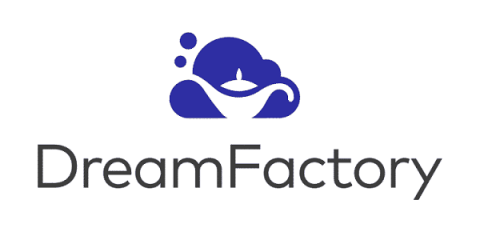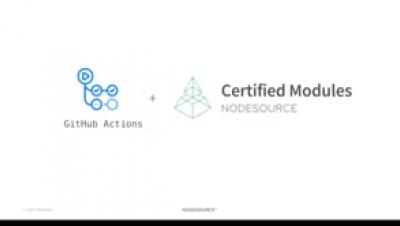Systems | Development | Analytics | API | Testing
%term
The 5 Best API Management Solutions
The challenges you'll face deploying machine learning models (and how to solve them)
In 2019, organizations invested $28.5 billion into machine learning application development (Statistica). Yet, only 35% of organizations report having analytical models fully deployed in production (IDC). When you connect those two statistics, it’s clear that there are a breadth of challenges that must be overcome to get your models deployed and running.
Why DevOps is Important for Modern Businesses
We are certainly in a faster-paced world. As we move forward, organizations need to get out of their silos and follow a more collaborative and efficient process to achieve excellence. Organizations that adopt DevOps are able to evolve and improve software products much faster when compared to those that use traditional software development processes. DevOps is a bridge between development and operations in an organization and aims to improve productivity as a whole.
NodeSource GitHub Action - Code Risk, Compliance and Security Checks in GitHub PRs
Pentaho 9.0 Teaser: Multcluster Enhancements
Centralized Kong Management with Active Directory/LDAP
Kong Enterprise provides customers with the fastest, most scalable and flexible API management solution in the market. One of Kong’s main advantages is the ability to quickly deploy and integrate with a customer’s ecosystem of already-deployed solutions for identity management and monitoring. As customers choose Kong to drive the decentralization of their applications, it’s critical to empower teams for end-to-end deployment while maintaining security and compliance.
SQL Server Best Practices
One billion files in Ozone
Apache Hadoop Ozone is a distributed key-value store that can manage both small and large files alike. Ozone was designed to address the scale limitations of HDFS with respect to small files. HDFS is designed to store large files and the recommended number of files on HDFS is 300 million for a Namenode, and doesn’t scale well beyond this limit.








